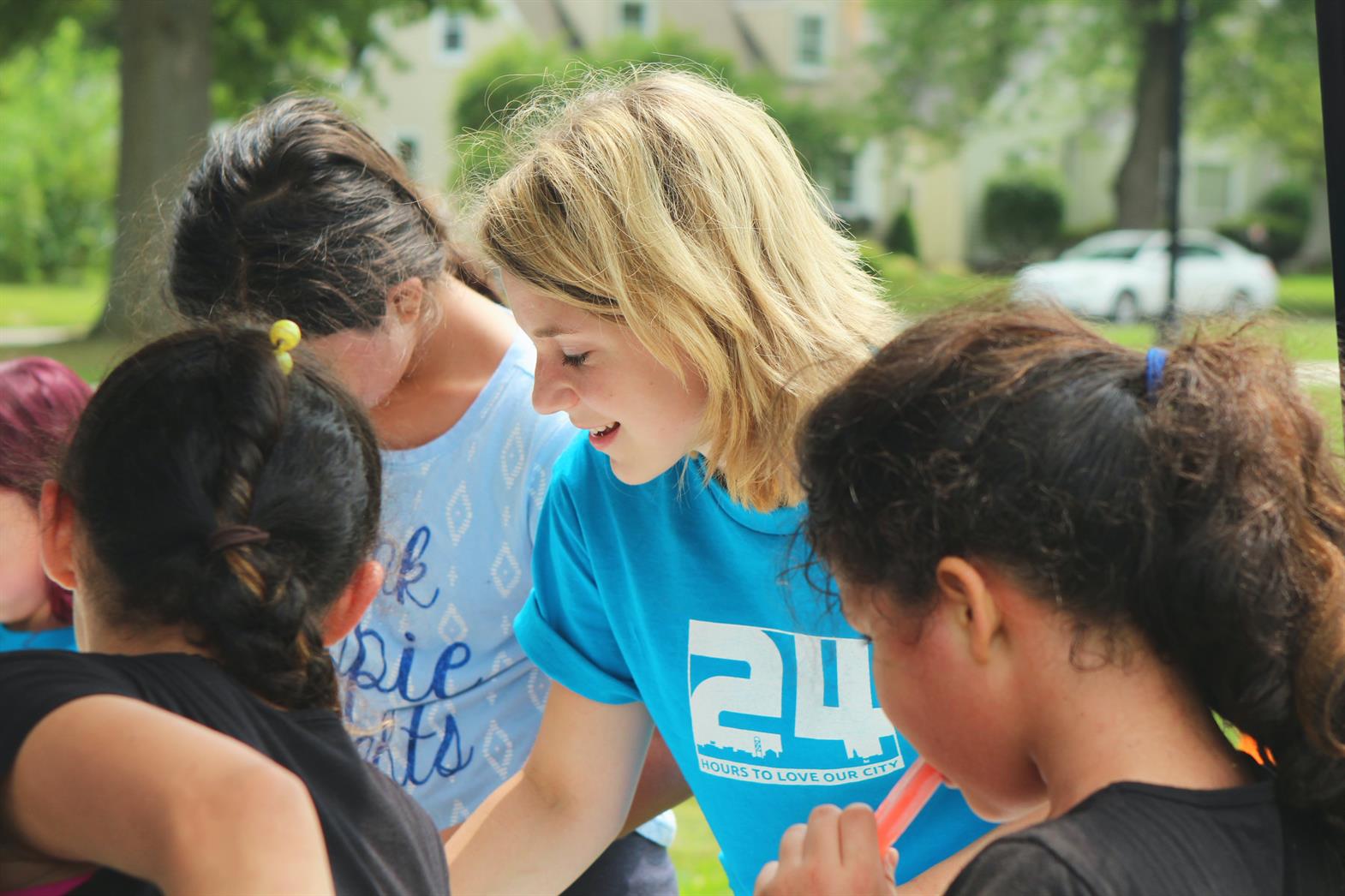What you need to know
Many children with autism spectrum disorder (ASD) have trouble with social competence, and experience stress in social situations. The SENSE Theatre summer camp intervention was effective at improving social competence and decreasing stress hormone levels, but more research is needed to assess its effectiveness compared to other interventions.
What is this research about?
Social competence is the awareness of the emotional and interpersonal cues of others, the ability to interpret and respond to these cues, and to be motivated to engage in social interaction. Many people with ASD have difficulties with social competence. Interestingly, often children with ASD are stressed in social situations, but not in performance-based situations that include social judgment. In this study, the researchers used a theatre-based approach to enhance social competence. Acting teaches many important skills, such as social awareness, cognition, and communication. As such, they implemented the Social Emotional NeuroScience Endocrinology (SENSE) Theatre intervention in a 2 week summer camp format to improve social competency in children with ASD.
What did the researchers do?
Twelve youth (8-17 years old) participated in the SENSE Theatre Summer Camp. The camp was a two-week long, 4 hours a day intervention that provided participants with peer-tutored theatre games, imaginative play, role playing and character development; ending with a final theatre production. Participants with ASD were paired with peer mentors that were co-actors in the play. Peer mentors received 3 days of training in ASD and behavioural intervention techniques. Before and after the camp, the researchers measured indicators of social competence and adaptive function. They also measured stress hormone levels in saliva the day immediately before and after the intervention.
What did the researchers find?
The SENSE Theatre Summer Camp intervention helped children with ASD increase their social functioning when around peers. The participants were also better able to remember and identify faces after the intervention compared to before. Interestingly, those who improved in facial memory were also better able to live in the home and take care of themselves after the camp. The children had a chance to play together on a playground several times throughout the study and their stress hormone levels were reduced after the intervention compared to earlier time points. Interestingly, at that last time point, when the intervention was finished, higher levels of stress hormone were matched with more time spent playing with others. This may indicate that higher stress hormone levels at certain times may not be a negative thing.
The SENSE Theatre Summer Camp intervention helped children with ASD increase their social functioning when around peers.
How can you use this research?
These findings build on past research using acting in theatre as an intervention. The structure and short time-frame of this intervention may make it an important alternative to traditional group interventions. However, future research is needed to compare the effectiveness of this intervention to other interventions before this should be implemented.
About the Researchers
The researchers are involved in various organizations across the state of Tennessee.
Citation
Corbett, B.A., Swain, D.M., Coke, C., Simon, D., Newsom, C., Houchins-Juarez, N., Jenson, A., Wang, L., & Song, Y. (2014). Improvement in social deficits in autism spectrum disorders using a theatre-based, peer-mediated intervention. Autism Research, 7(1), 4-16.
This research summary was written by Jordan Cleland and Jonathan Lai for the Chair in Autism Spectrum Disorders Treatment and Care Research. This research summary, along with other summaries, can be found at asdmentalhealth.ca/research-summaries.
Reproduced with the permission of Dr. Jonathan Weiss (York University). This research summary was developed with funding from the Chair in ASD Treatment and Care Research. The Chair was funded by the Canadian Institutes of Health Research in partnership with Autism Speaks Canada, the Canadian Autism Spectrum Disorders Alliance, Health Canada, Kids Brain Health Network (formerly NeuroDevNet) and the Sinneave Family Foundation. This information appeared originally in the Autism Mental Health Blog (https://asdmentalhealth.blog.yorku.ca).


